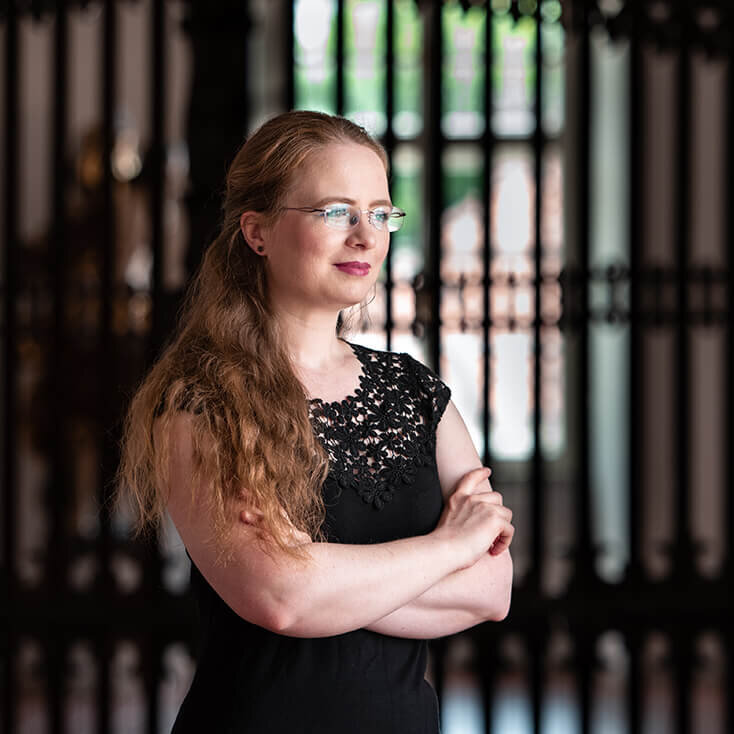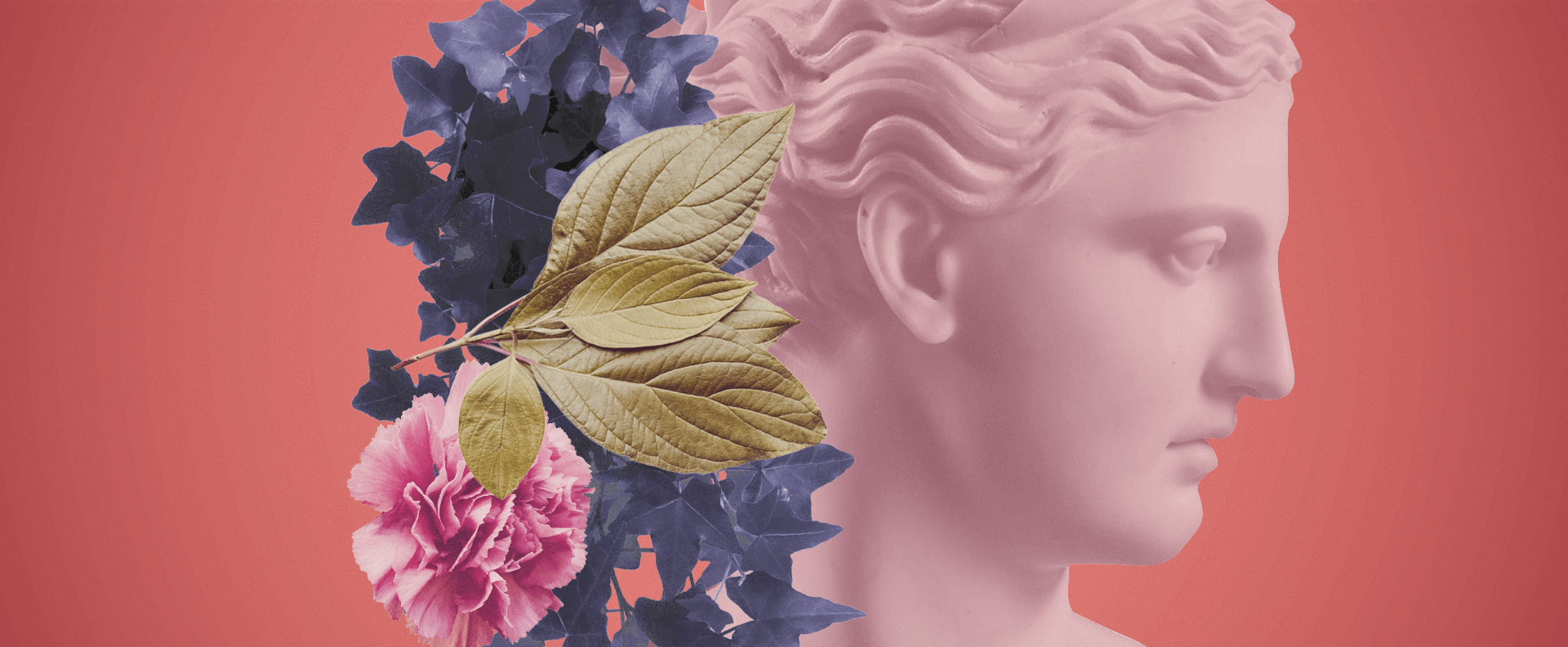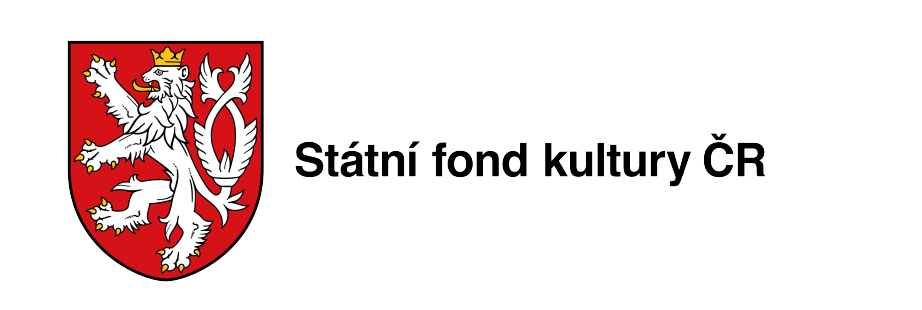Opening words by festival director
MUSES
Dear Musical Friends,
The year has come and gone and another edition of the Summer Festivities of Early Music awaits us. For the twenty-fourth time, the festival will bring to life early music in Prague during the holiday season in imaginative and fresh contexts.
As is typical for the Summer Festivities of Early Music, the unveiling of gems and mysteries of European music history will take place in sensitively chosen historical venues. It is the unmistakable atmosphere of Prague’s palaces, churches and monasteries that gives the top-flight artistic performances an extremely authentic character. And it also creates a unique environment in which to meet you, our dear listeners!

It is my pleasure to present to you this year’s programme, which will be dominated by the MUSES. The presence of the noble, beautiful and omniscient daughters of Zeus has always had a beneficial effect – bringing harmony and helping people to find peace and also a home. With their famous “kiss on the forehead” they inspired ideas and creative vigour in talented musicians, poets, singers, dancers, actors and playwrights. The “magic seven” festival concerts will present a variety of inspiration from the goddesses of the performing arts and, more broadly, from Greek mythology in the works of European composers of the 16th to 18th centuries.
The festival will open under the patronage of the Muse Polyhymnia with the musical performance of the German Ensemble Polyharmonique. In the spiritual atmosphere of the Emmaus Monastery, the ensemble will perform spiritual concertos, motets and madrigals by Italian and German composers of the 17th century. In the Troja Château, the charming Spanish ensemble Cantoría will pay tribute to the Muse Euterpe with Spanish songs and ensaladas in a humorous and dramatic vein.
In addition to the instruments that are regulars on the early music stages, we will also hear less traditional sounds at the concerts – for example, the Salzburger Hackbrett (salterio) in the hands of Margit Übellacker or the three-row harp of Giovanna Pessi. Both will come as members of the Hathor Consort ensemble, accompanied by the velvet voice of the Dutch soprano of Icelandic-Scottish origin Hannah Morrison.
The Czech ensemble Capella Ornamentata will perform in this year’s programme on a very special occasion. This will be a ballet and pantomime performance based on a Renaissance masquerade ball at the court of the Polish Queen Bona Sforza. The performance, which is suitable for all ages, will take place in the Vzlet hall under the protection of the Muse of Dance, Terpsichore. It was created by the Polish dance company Cracovia Danza Ballet under the direction of the brilliant choreographer Romana Agnel.
The Summer Refectory of Strahov Monastery will be the venue for the presentation of virtuosic works for violin, viola da gamba, harpsichord and theorbo. With an ease and sensitivity to the musical language of the 17th and 18th centuries, these will be performed by renowned performers who are considered to be among the world’s top artists: under the supervision of the god Apollo will be Alessandro Tampieri and Valeria Montanari, and we will be invited up to Parnassus itself by Christine Schornsheim, Hille Perl and Michael Freimuth.
The ceremonial closing of this year’s festival edition dedicated to the muses will be dominated by the impressive timbre of the French alto singer Delphine Galou, a celebrity of the world of Baroque music, with a great sense for detail, and the interpretive mastery of the festival’s ensemble in residence, Collegium Marianum, under the artistic direction of Jana Semerádová. In a programme consisting of arias and overtures from baroque operas by A. Vivaldi, Ch. W. Gluck, J. J. Fux or C. H. Graun, the immortal story of Orpheus’s love for his beloved Eurydice will be brought to life.
We look forward to meeting you!
Josefina Knoblochová
director of the Summer Festivities of Early Music
Inspiration from Greek and Roman mythology is very important for Baroque music. The period’s fragmentary awareness of ancient cultures and a desire to revive ancient music and theatre were the driving force behind the first attempts at opera in late 16th-century Italy. For more than a hundred and fifty years, ancient mythological stories were the source of the main plots of Baroque opera. This predilection for ancient culture also affected purely instrumental music, and it is the Muses who can be seen as an important link between antiquity and the work of Baroque composers in the Christian world. Composers dedicated their works to individual Muses, not only to Euterpe, the Muse of Music, but also to her sisters – Terpsichore, the Muse of Dance, and Melpomene, the Muse of Tragedy. There are also cycles that are dedicated to all the Muses.
Jana Franková
musicologist, dramaturgy advisor





